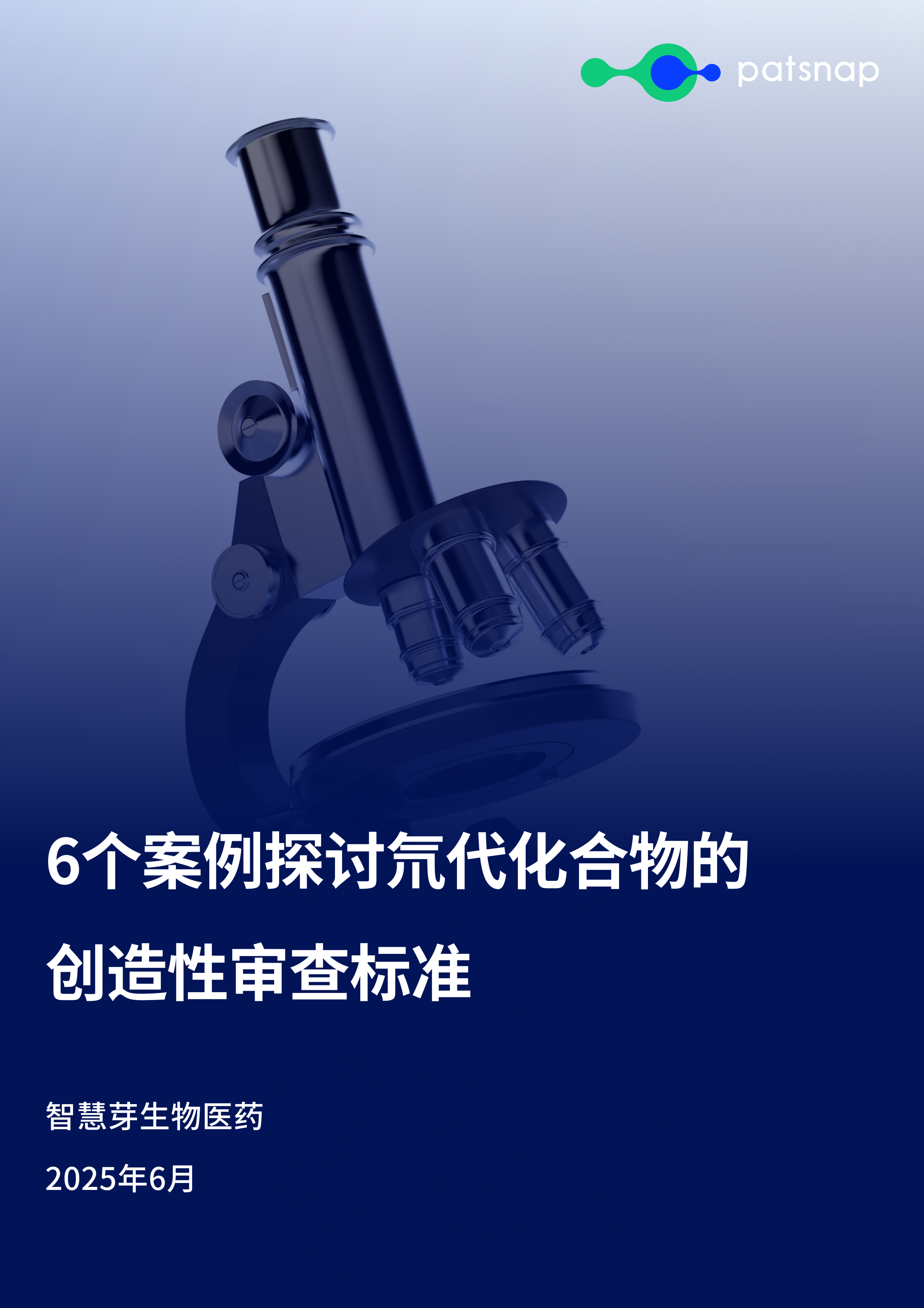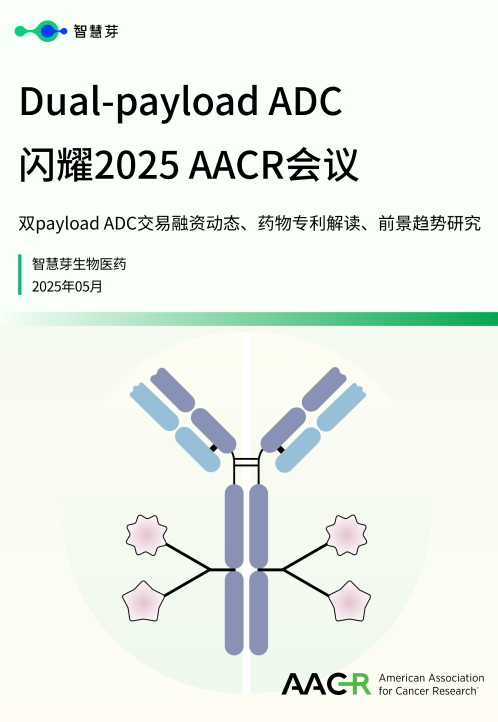预约演示
AVROBIO Breaks Through in Severe Form of Gaucher Disease
2022-12-07
基因疗法临床研究临床结果
Courtesy of Getty Images
AVROBIO is planning a 2023 Phase II/III registrational trial for its Gaucher Disease Type 3 (GD3) gene therapy candidate, AVR-RD-02.
The plans are based on “compelling” evidence seen in the first pediatric patient to receive the treatment, said Chief Medical Officer Essra Ridha, M.D., in a call with investors Wednesday.
Gaucher Disease is one of the most common lysosomal disorders, a collection of rare diseases characterized by the accumulation of fatty substances in cells in the spleen, liver and bone marrow. The inherited disease is caused by an improperly-working enzyme that breaks down the fatty substances.
Gaucher Disease Type 1 (GD1) is the most common form of the disease. GD3 is a progressive form of the lysosomal storage disorder that has more widespread systemic manifestations, including neurological symptoms.
Ridha said GD3 patients are typically refractory to standard-of-care treatment.
Fifteen months after infusion of the company’s experimental hematopoietic stem cell (HSC) gene therapy, an 11-year-old patient treated with AVR-RD-02 has what the company called a “complete biochemical correction.”
The patient, who was refractory to multiple therapeutic approaches, has seen a 33% increase in albumin levels. This indicates marked improvements in lymphadenopathy and enteropathy, AVROBIO reported.
The company also noted the patient has no clinically detectable change in neurological status or new neurological manifestations following treatment.
“This pharmacodynamic efficacy equates with improvements in major refractory elements of disease for this patient, something the child has never experienced on current standard of care,” Ridha said.
AVROBIO officials said there have been no noted safety concerns associated with the therapy 15 months after infusion.
The data prompted regulatory agencies in the U.S. and Europe to greenlight plans for the late-stage study trial that could lay the groundwork for potential approval.
The Phase II/III trial, a first for a gene therapy aimed at this indication, will assess the safety and efficacy of AVR-RD-02, compared to current enzyme replacement therapy standard of care, Ridha said.
The company expects the trial will include 40 patients to be randomized 1:1 to receive AVR-RD-02 or standard of care.
Ridha said the trial design for the Phase II/III offers a high probability of success based on existing data the company has accrued in earlier studies, as well as in its ongoing Phase I/II trial in Gaucher Disease Type 1.
Data shared from the single GD3 patient who received AVR-DR-02 showed the gene therapy demonstrated stabilization or improvement of multiple clinically meaningful measures, according to the company.
AVROBIO Chief Executive Officer Geoff MacKay also touted the data seen in the pediatric patient, during the Wednesday call.
Positive Data for Four GD1 Patients
He pointed to promising data in the company’s ongoing Phase I/II trial in GD1. The trial is also assessing AVR-RD-02 in this disease subtype, which MacKay said has the same underlying pathology of other forms of Gaucher disease.
Data from the Phase I/II Guard1 Gaucher disease study shows the gene therapy demonstrated clinically meaningful reduction in organ size and reductions in toxic metabolites. During its presentation, the company highlighted the positive data seen in four patients.
The patients have reductions in the accumulation of fatty tissues. Three of the four patients dosed demonstrated a reduction in liver and spleen volume below the baseline established on enzyme replacement therapy. The fourth patient was not far enough out following infusion to be scanned for liver or spleen volume, Ridha said.
If AVR-RD-02 demonstrates significant efficacy and safety data in the registrational study, MacKay said the treatment could present a “substantial commercial opportunity” for the company. One-time gene therapies have a significant price tag totaling about 15 years of current care.
We are transitioning to a late-stage clinical company,” MacKay said. “The clinical path forward is clear. Throughout 2023 we expect a steady cadence of regulatory milestone updates. 2023 is setting up to be a big year with important catalysts across the pipeline.”
更多内容,请访问原始网站
文中所述内容并不反映新药情报库及其所属公司任何意见及观点,如有版权侵扰或错误之处,请及时联系我们,我们会在24小时内配合处理。
靶点
Eureka LS:
全新生物医药AI Agent 覆盖科研全链路,让突破性发现快人一步
立即开始免费试用!
智慧芽新药情报库是智慧芽专为生命科学人士构建的基于AI的创新药情报平台,助您全方位提升您的研发与决策效率。
立即开始数据试用!
智慧芽新药库数据也通过智慧芽数据服务平台,以API或者数据包形式对外开放,助您更加充分利用智慧芽新药情报信息。



